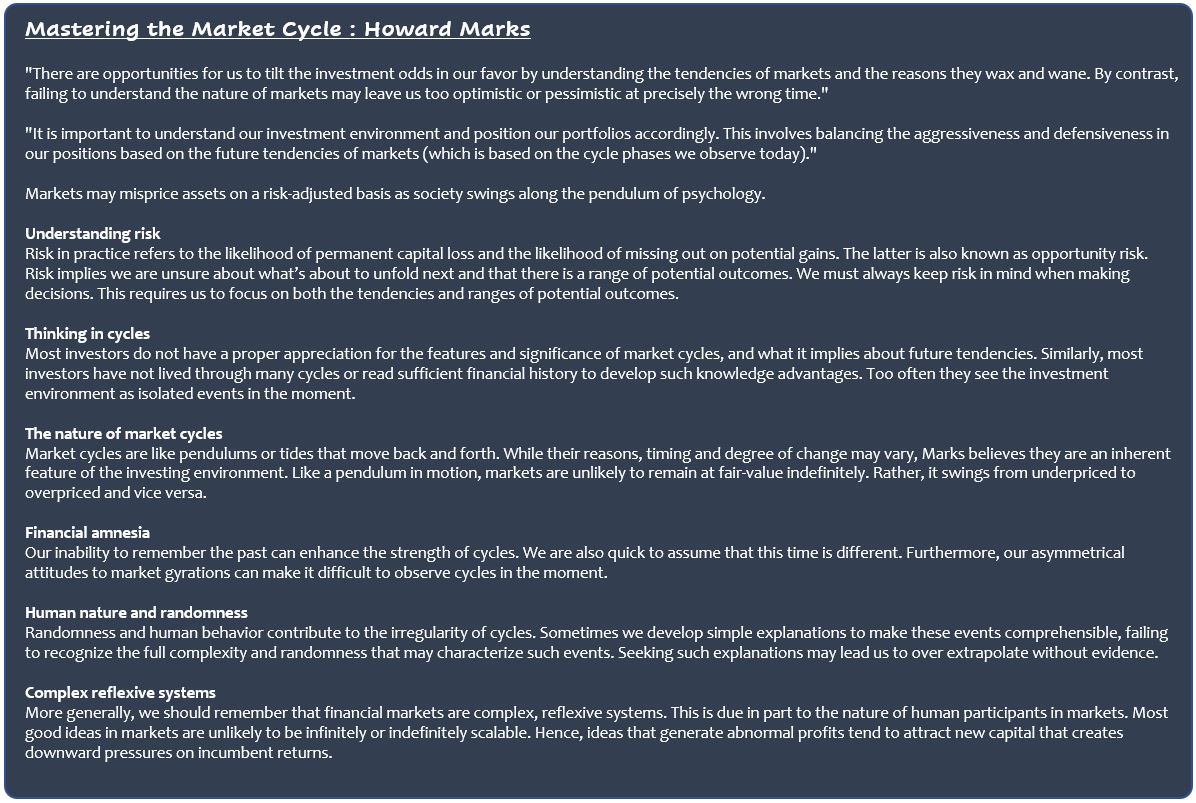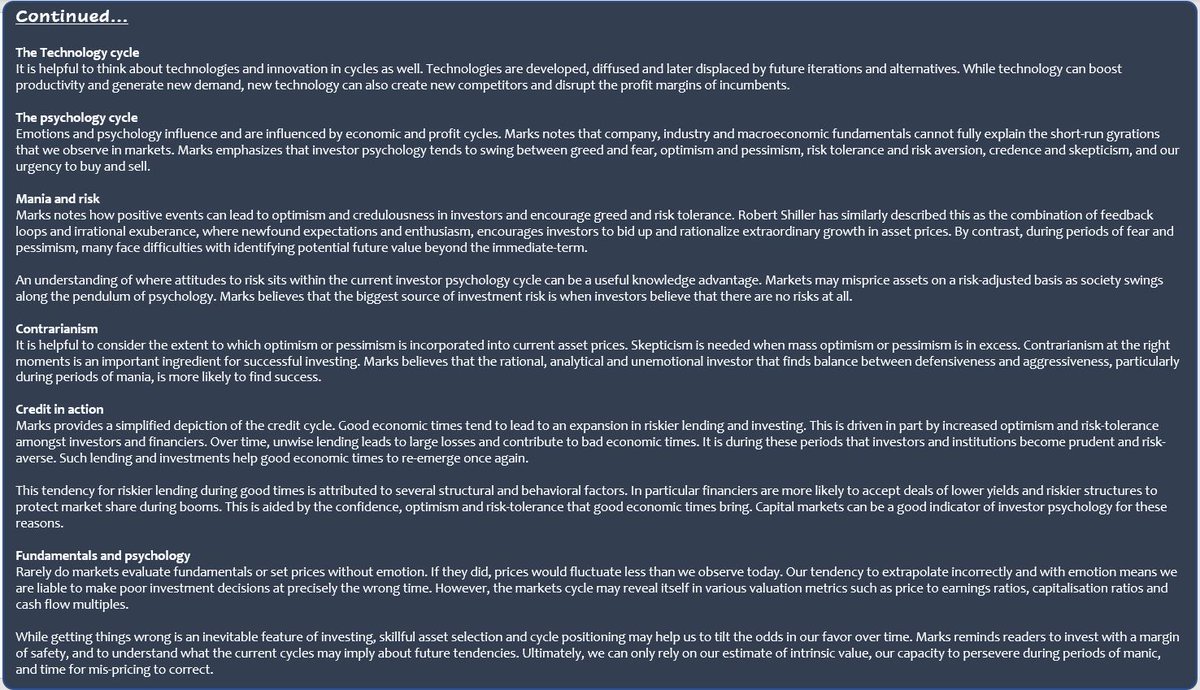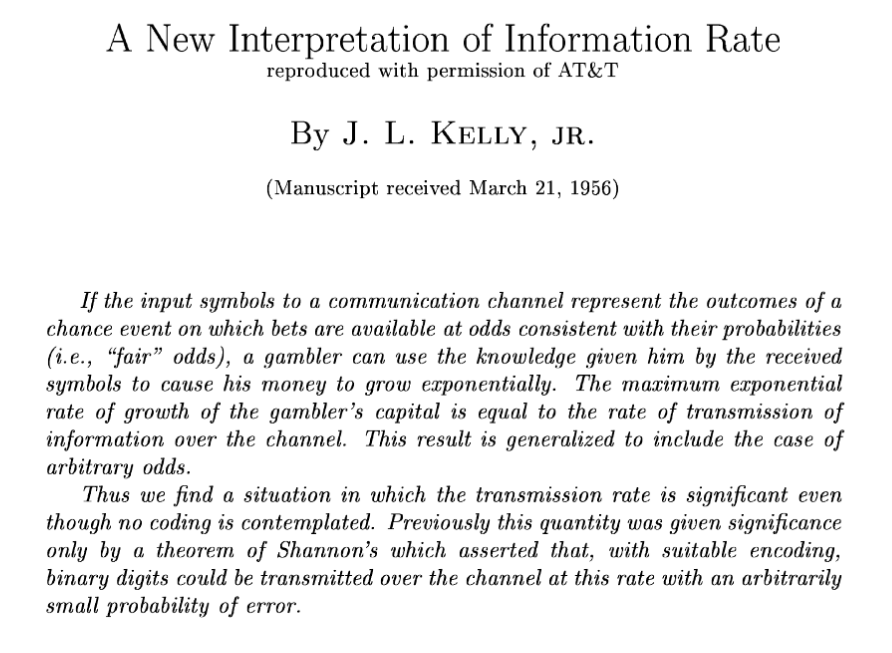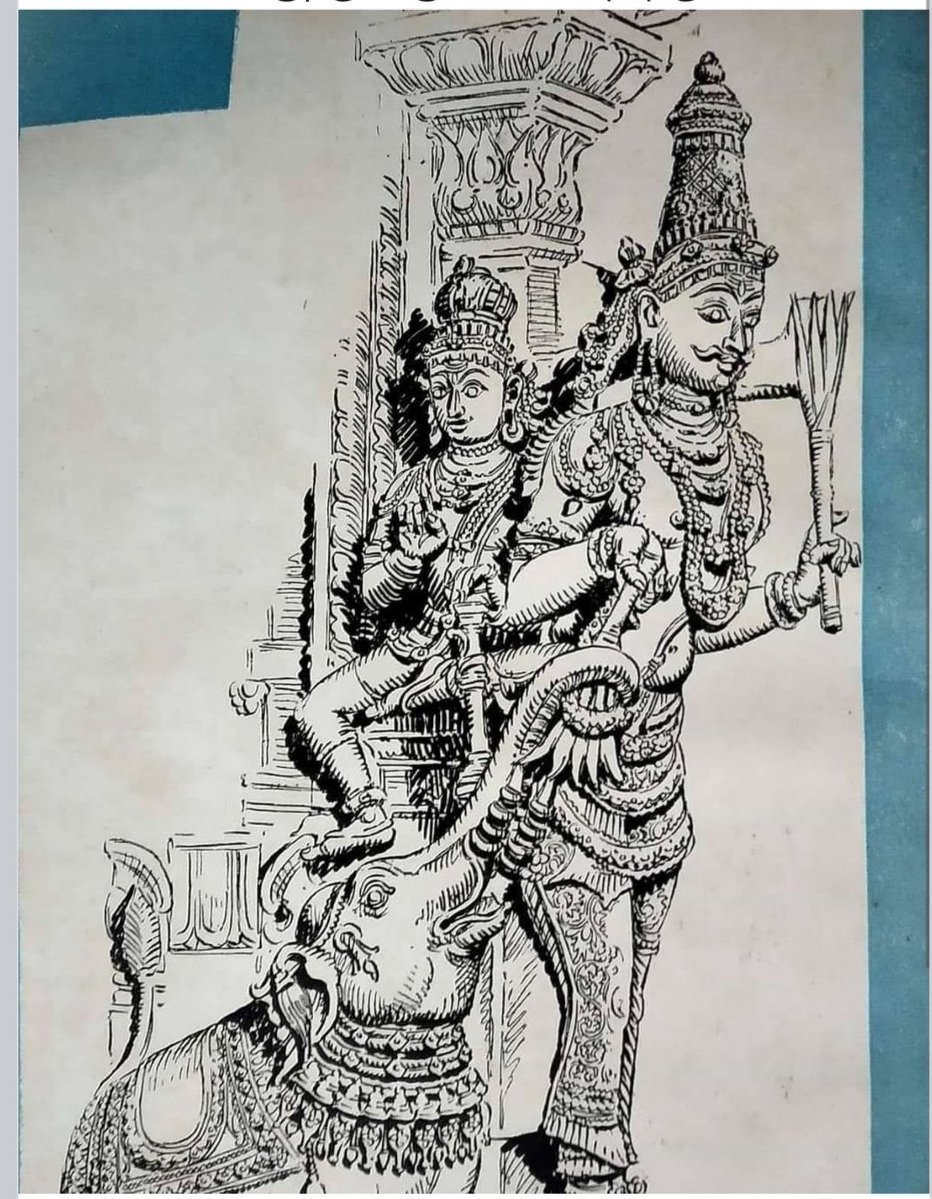RIPPLE’S DUE PROCESS CLAIM:
In @Ripple’s Answer it asserted a defense that the SEC should be barred from claiming #XRP is a security today because it violates Due Process and principles of Fair Notice. Previously, I discussed a similar concept called the doctrine of equitable
(3) In 2017, The SEC brought high-profile ICO cases against several companies, alleging that the
More from Investing
The One with the Cash Flow Explained
It's the weekend!
— Tar \u26a1 (@itsTarH) May 15, 2021
Grab a cup of coffee, in this thread I will explain
1. What a cash flow statement is?
2. What does it tell you about a business?
3. How to analyze one?
Examples included various Indian companies.
Let's dive right in. pic.twitter.com/c8tNP26Z8K
The One with Free Cash Flow Explained
Its the weekend!
— Tar \u26a1 (@itsTarH) May 22, 2021
Grab a cup of coffee, in this thread I will explain
1. What is Capex?\U0001f4b0
2. What is Free Cash Flow? \U0001f4b8
3. What does Cash Flow from Investing and Cash Flow from Financing tells us? \U0001f4a1
Examples includes some famous companies.
Lets dive right in. pic.twitter.com/HDJgUvE8f8
The One with Mutual Funds
Its the weekend!
— Tar \u26a1 (@itsTarH) May 29, 2021
Grab a cup of coffee, in this thread I will explain
1. How to select a Mutual Fund?
2. Common and costly mistakes people make while choosing a Mutual Fund
3. Some tools and tips to help you while selecting a fund
Lets dive right in. pic.twitter.com/teelsojtn9
The One on Laurus Labs
Laurus Labs : A Visual Story
— Tar \u26a1 (@itsTarH) May 30, 2021
I am a Data Science / Machine Learning developer by profession and data along with finance are my two areas of competence.
I realize how powerful combining both of them can be, so here is a visual analysis for Laurus Labs.
You May Also Like
1) UCAS School of physical sciences Professor
https://t.co/9X8OheIvRw
2) UCAS School of mathematical sciences Professor
3) UCAS School of nuclear sciences and technology
https://t.co/nQH8JnewcJ
4) UCAS School of astronomy and space sciences
https://t.co/7Ikc6CuKHZ
5) UCAS School of engineering
6) Geotechnical Engineering Teaching and Research Office
https://t.co/jBCJW7UKlQ
7) Multi-scale Mechanics Teaching and Research Section
https://t.co/eqfQnX1LEQ
😎 Microgravity Science Teaching and Research
9) High temperature gas dynamics teaching and research section
https://t.co/tVIdKgTPl3
10) Department of Biomechanics and Medical Engineering
https://t.co/ubW4xhZY2R
11) Ocean Engineering Teaching and Research
12) Department of Dynamics and Advanced Manufacturing
https://t.co/42BKXEugGv
13) Refrigeration and Cryogenic Engineering Teaching and Research Office
https://t.co/pZdUXFTvw3
14) Power Machinery and Engineering Teaching and Research
இது சூரிய குலத்தில் உதித்த இராமபிரானுக்கு தமிழ் முனிவர் அகத்தியர் உபதேசித்ததாக வால்மீகி இராமாயணத்தில் வருகிறது. ஆதித்ய ஹ்ருதயத்தைத் தினமும் ஓதினால் பெரும் பயன் பெறலாம் என மகான்களும் ஞானிகளும் காலம் காலமாகக் கூறி வருகின்றனர். ராம-ராவண யுத்தத்தை

தேவர்களுடன் சேர்ந்து பார்க்க வந்திருந்த அகத்தியர், அப்போது போரினால் களைத்து, கவலையுடன் காணப்பட்ட ராமபிரானை அணுகி, மனிதர்களிலேயே சிறந்தவனான ராமா போரில் எந்த மந்திரத்தைப் பாராயணம் செய்தால் எல்லா பகைவர்களையும் வெல்ல முடியுமோ அந்த ரகசிய மந்திரத்தை, வேதத்தில் சொல்லப்பட்டுள்ளதை உனக்கு
நான் உபதேசிக்கிறேன், கேள் என்று கூறி உபதேசித்தார். முதல் இரு சுலோகங்கள் சூழ்நிலையை விவரிக்கின்றன. மூன்றாவது சுலோகம் அகத்தியர் இராமபிரானை விளித்துக் கூறுவதாக அமைந்திருக்கிறது. நான்காவது சுலோகம் முதல் முப்பதாம் சுலோகம் வரை ஆதித்ய ஹ்ருதயம் என்னும் நூல். முப்பத்தி ஒன்றாம் சுலோகம்
இந்தத் துதியால் மகிழ்ந்த சூரியன் இராமனை வாழ்த்துவதைக் கூறுவதாக அமைந்திருக்கிறது.
ஐந்தாவது ஸ்லோகம்:
ஸர்வ மங்கள் மாங்கல்யம் ஸர்வ பாப ப்ரநாசனம்
சிந்தா சோக ப்ரசமனம் ஆயுர் வர்த்தனம் உத்தமம்
பொருள்: இந்த அதித்ய ஹ்ருதயம் என்ற துதி மங்களங்களில் சிறந்தது, பாவங்களையும் கவலைகளையும்

குழப்பங்களையும் நீக்குவது, வாழ்நாளை நீட்டிப்பது, மிகவும் சிறந்தது. இதயத்தில் வசிக்கும் பகவானுடைய அனுக்ரகத்தை அளிப்பதாகும்.
முழு ஸ்லோக லிங்க் பொருளுடன் இங்கே உள்ளது https://t.co/Q3qm1TfPmk
சூரியன் உலக இயக்கத்திற்கு மிக முக்கியமானவர். சூரிய சக்தியால்தான் ஜீவராசிகள், பயிர்கள்


















